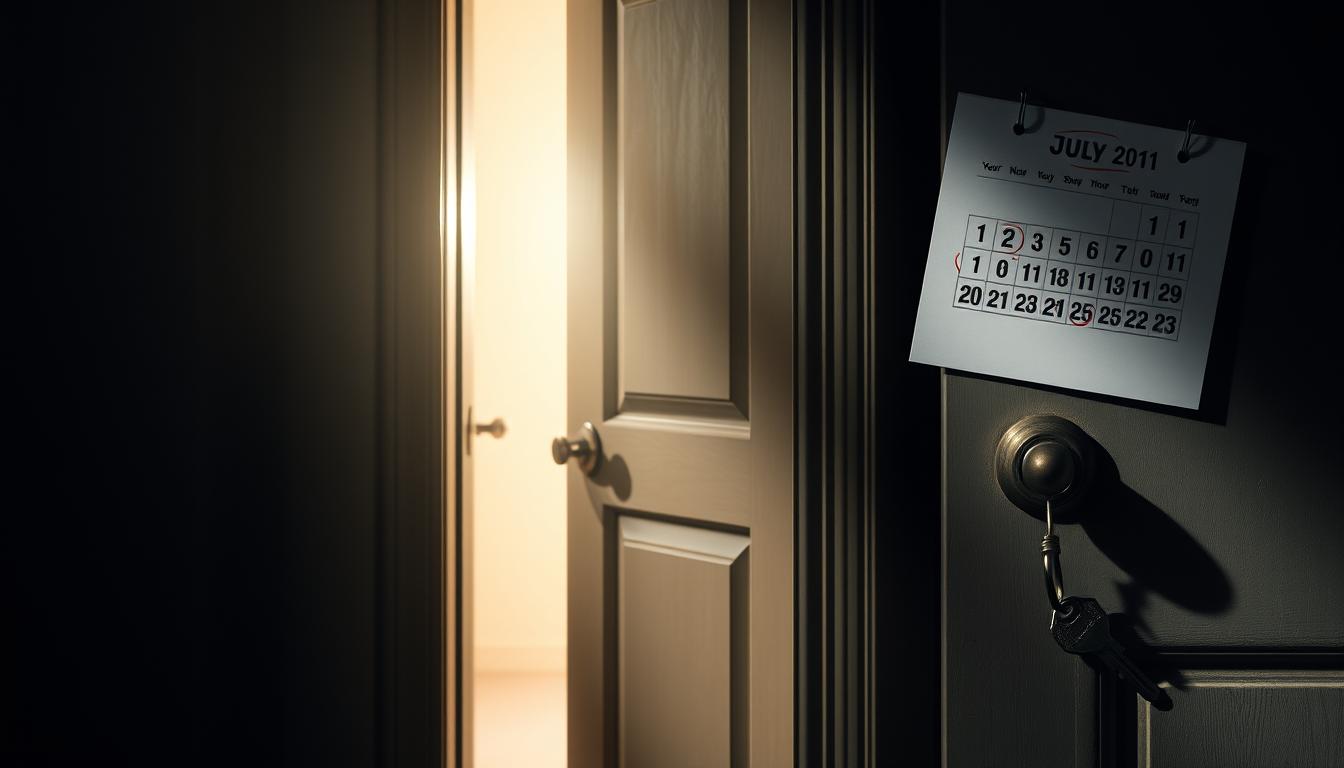A 24-hour notice to enter is a legal requirement in most U.S. states that allows landlords to enter a rental unit for inspections, maintenance, or showing the property—while protecting tenants’ rights to privacy.
Understanding this notice is essential for both landlords and tenants to avoid disputes, ensure legal compliance, and maintain a smooth rental experience.
What is a 24-Hour Notice to Enter?
A 24-hour notice to enter is a formal notice from a landlord informing a tenant of an upcoming property entry. This notice is required unless there is an emergency situation, such as a fire, gas leak, or major plumbing failure.
Key Components of a 24-Hour Notice to Enter
A valid notice should include:
| Required Component | Description |
|---|---|
| Date and Time of Entry | The exact date and time of the scheduled entry. |
| Reason for Entry | Examples: inspection, maintenance, lease violation investigation, or showing the unit. |
| Landlord Contact Information | The name and contact details of the landlord or property manager. |
| Tenant Rights | A statement outlining tenant rights and responsibilities. |
When is a 24-Hour Notice to Enter Required?
A landlord must provide this notice in the following situations:
- Routine inspections of the rental property.
- Repairs or maintenance required by the lease or tenant request.
- Showing the unit to prospective renters or buyers.
- Addressing lease violations suspected or reported.
📌 State Variations: Some states, such as California, have stricter requirements, mandating additional written notice delivery methods. Always check your state’s regulations.
Landlord Rights & Responsibilities
Landlords have the right to enter a rental unit but must follow legal guidelines:
✅ Provide written notice at least 24 hours in advance (unless local laws require a longer period).
✅ Enter only for valid reasons as defined by the lease agreement or housing laws.
✅ Respect reasonable hours—entry should typically be between 8 AM and 6 PM.
✅ Maintain a record of all entries for legal protection.
🚫 Common Violations:
- Entering without proper notice (unless it’s an emergency).
- Using vague reasons like “routine check-up” without specific details.
- Entering at unreasonable hours (e.g., late at night).
📌 Legal Consequences: In some states, landlords who violate these rules may be fined or sued by tenants for invasion of privacy.
Tenant Rights & How to Respond to a 24-Hour Notice
🔹 Your Rights as a Tenant
- You must receive written notice at least 24 hours in advance.
- The landlord cannot enter without valid reasons or harass you.
- You can be present during the inspection if you choose.
- If the landlord enters without permission or valid notice, you can file a complaint with housing authorities.
🔹 How to Respond
- Confirm the notice and its validity based on your lease agreement.
- Negotiate the time if it’s inconvenient (landlords may be flexible).
- Document the visit if you feel your privacy was violated.
📌 State-Specific Tenant Protections: Some states, like Washington and Oregon, allow tenants to refuse entry under certain conditions.
How to Properly Serve a 24-Hour Notice
| Delivery Method | Minimum Notice Period | Best Practice |
|---|---|---|
| In-Person Delivery | 24 hours | Get a signed acknowledgment from the tenant. |
| Certified Mail | 24 hours after receipt | Keep the mail receipt for legal proof. |
| Posting on Property | 24 hours after posting | Take a time-stamped photo as evidence. |
📌 Tip for Landlords: Always keep copies of notices to avoid legal disputes later.
Emergency Situations & Immediate Entry Rights
A landlord can enter without notice only in true emergencies, such as:
🚨 Gas leaks, fires, flooding, or electrical hazards
🚨 Medical emergencies involving the tenant
🚨 Criminal activity suspected inside the unit
✅ After emergency entry, the landlord should immediately notify the tenant and document the incident to avoid disputes.
Legal Consequences for Violations
Landlord violations (e.g., unauthorized entry, harassment, or failure to provide notice) may lead to:
❌ Fines & lawsuits for violating tenant rights.
❌ Eviction complications if illegal entries occur repeatedly.
Tenant violations (e.g., denying lawful entry) may lead to:
❌ Lease violations & possible eviction.
❌ Loss of security deposit if the refusal causes maintenance delays.
Dispute Resolution & Tenant Remedies
If there’s a disagreement over property access:
1️⃣ Mediation: A neutral third party helps resolve the issue.
2️⃣ Formal Complaint: File a claim with local housing authorities.
3️⃣ Legal Action: Tenants may sue for unlawful entry; landlords may pursue eviction if access is repeatedly denied.
| Resolution Method | Pros | Cons |
|---|---|---|
| Mediation | Faster & cost-effective | Non-binding outcome |
| Filing a Complaint | Can lead to legal enforcement | Process may take time |
| Lawsuit | Legally binding result | Expensive & time-consuming |
📌 Tip for Tenants: Keep records of all notices, emails, and texts in case of disputes.
Conclusion
Understanding 24-hour entry notices helps landlords stay compliant and tenants protect their rights. Always check state laws, document all notices, and handle disputes professionally.
👉 Need legal guidance? Visit HUD.gov or consult a tenant rights attorney in your area.
